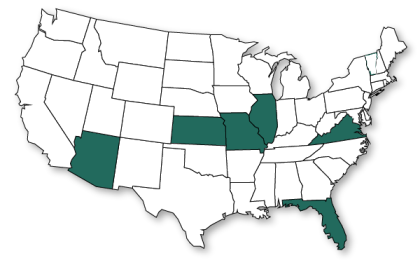Think fast – your tax return from 2012, where is it? How about your grandmother’s diamond watch? Is it in a secure place?
Having a home safe means that not only are important documents and valuables protected from fire and theft, but that you also know exactly where they are when you need them. But is a home safe or a safe-deposit box (or both) right for you? Let’s take a look at the advantages, disadvantages, and uses of each.
Home Safes
- Advantages: They help protect against fire and theft and give you the ability to quickly and easily find important documents and other items.
- Disadvantages: If the safe can be easily pried open or carried off, your valuables aren’t actually all that safe.
- What to keep inside: Documents and other things you access regularly or might need to find quickly, such as insurance policies, medical information, investment and bank documents, wills, safe-deposit box keys, passports, fine jewelry, etc.
Safe-Deposit Boxes
- Advantages: A secure location within the bank vault makes theft very unlikely, unless someone gains access to your key. Banks likely have a lower risk of fire and other incidents than your home as well.
- Disadvantages: You have to leave home to access important documents or valuables, and can do so only during bank business hours. There’s typically a monthly or annual cost, rather than the one-time purchase of a home safe. You’ll also likely need to have an account with the bank in order to rent a safe-deposit box.
- What to keep inside: Original documents (car titles, property deeds, etc.), valuables that you don’t often display or access, your home inventory, etc.
Whichever you choose, it’s sure to beat that shoe box you’re using now to store important documents. However, neither is a substitute for having your valuables properly insured. Give us a call today at 314.434.0038 to talk about your personal property coverage!


